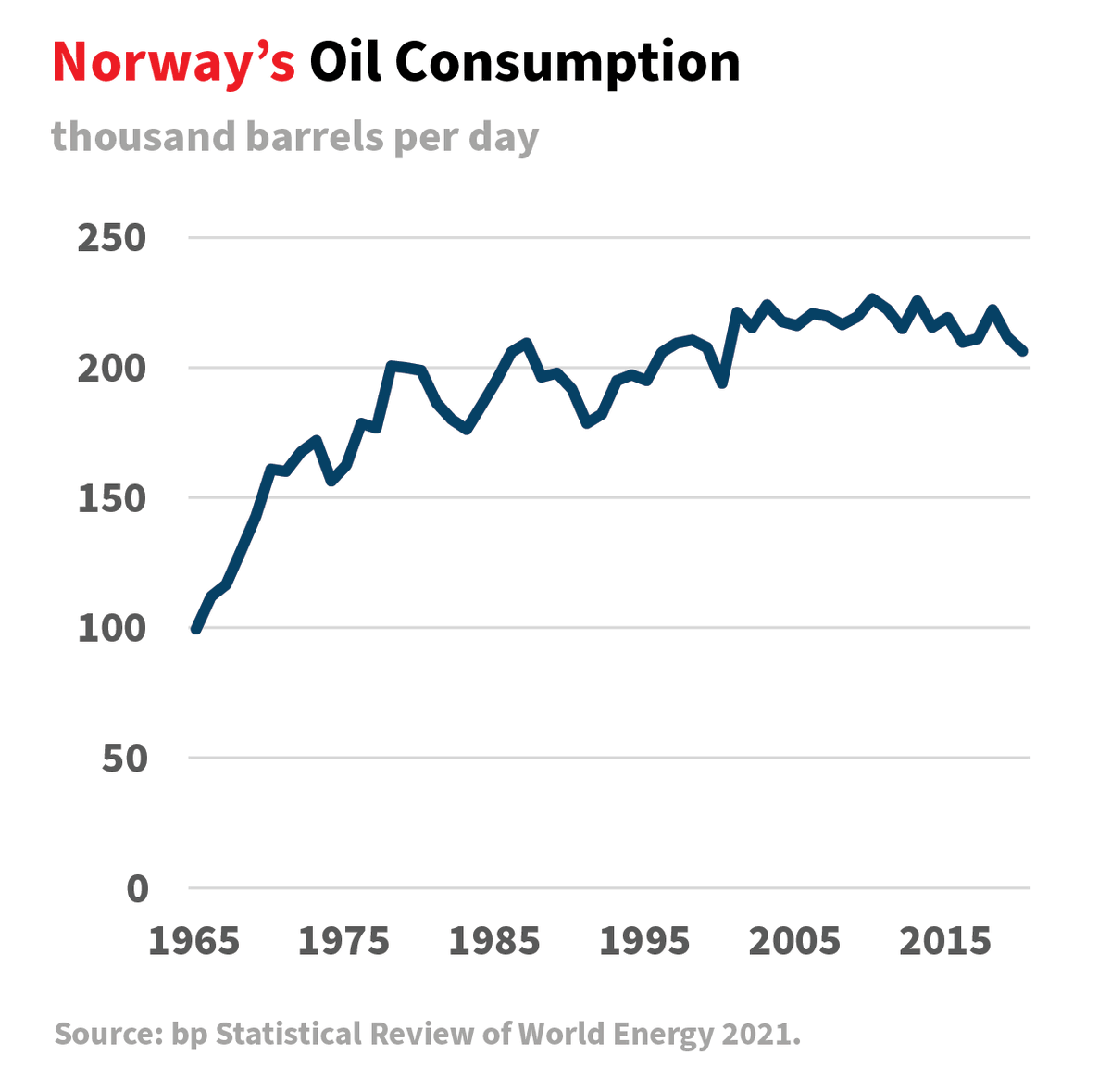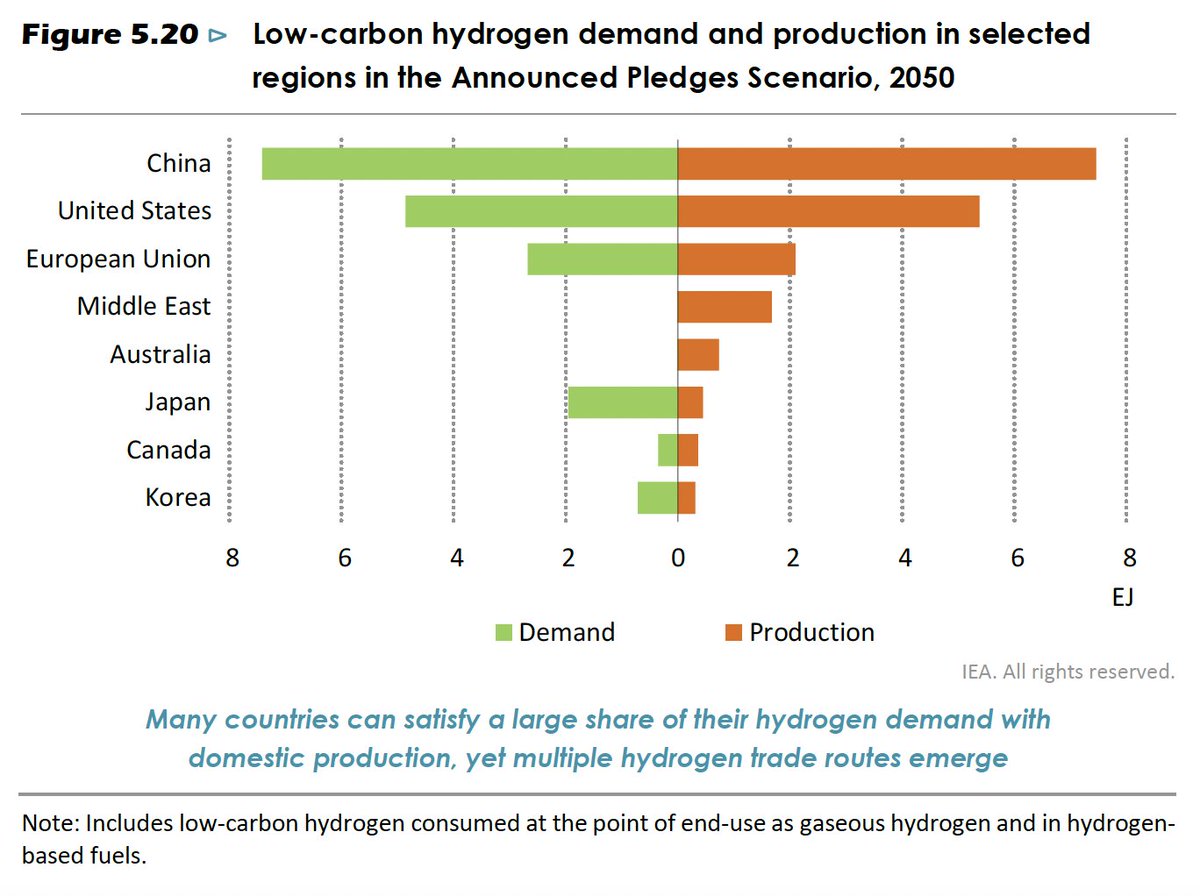
The idea that Europe didn’t do anything after 2006 and 2009 in terms of its dependence on Russian gas is rubbish. But this argument mostly fails to understand the basic contours of European gas policy over the past 15+ years. Let’s review.
Europe’s LNG import capacity grew by 3.4x between 2005 and 2021. Almost every country added more capacity after 2005 than it had in 2005. LNG imports have more than doubled. No one can look at that and say Europe has neglected LNG. 

In terms of pipelines, Algeria launched a second route to Spain, the Southern Corridor opened up, and Norway is maxed out. There is no real supply out there waiting on Europe to drag it in. (Not realistically, at least—I say that for the “but the East Med” folks).
Indigenous gas production has struggled in Europe but that’s largely a function of geology not policy. Even countries that really wanted shale—like Poland—got nowhere. Blame the rocks, not Brussels.
(Parenthesis: as a consultant in the early 2010s I would add a sliver of unconventional gas supply to our European gas forecast because showing zero led to an exhausting number of arguments. Put a trivial number in there and everyone was like “yeah, OK, I buy that.”)
So the idea that Europe has just neglected gas, and that this crisis is some cosmic retribution for Europe being mean to gas—I mean, the Greek in me appreciates the mythological contours. But does that point of view have a basis in fact? No.
What is fair to say is that Europe has no medium term gas strategy. It has a clear 2050 goal but no pathway. But that’s just the reality of the transition. There is no smooth, agreed on pathway. That's been obvious for years.
Europe, like others, faces trade-offs. You can long-term contracts to secure supply, but that’s costly too and the off-ramp to net zero is still bumpy. Plus the ability to send LNG elsewhere—which hurt Europe in 2021–has been a boon to energy security.
And it’s not like the old system didn’t fail. Yes, the liberalization of the gas market was driven in part by ideology; but it also responded to massive failures in terms of competition and infrastructure that wasn’t used during crises (go read the 2007 sector review).
Finally: no country—except Poland and Ukraine (sort of)—has an explicit goal to stop importing Russian gas. Even Poland has mostly diversified its gas imports by adding gas sources—not eliminating Russian gas (yet).
Europe’s goal has been diversification (multiple sources of supply), infrastructure redundancy (ability to cope with losing one import corridor) and interconnectedness (moving gas seamlessly around the Continent). In all that it has succeeded.
Reducing Russian gas imports is further complicated by the decline in EU production. You’re on a treadmill. Also: even if you halved Russian gas imports tomorrow, Europe would still not be able to live without Russian gas. The scale is just that big. 

If you’re wondering “but why does Europe still import so much Russian gas,” as if that hasn’t occurred to anyone, now ask “but why does the United States still import so many Chinese goods?” Then you’ll start to appreciate how difficult and complex a question this is. Fin.
• • •
Missing some Tweet in this thread? You can try to
force a refresh













